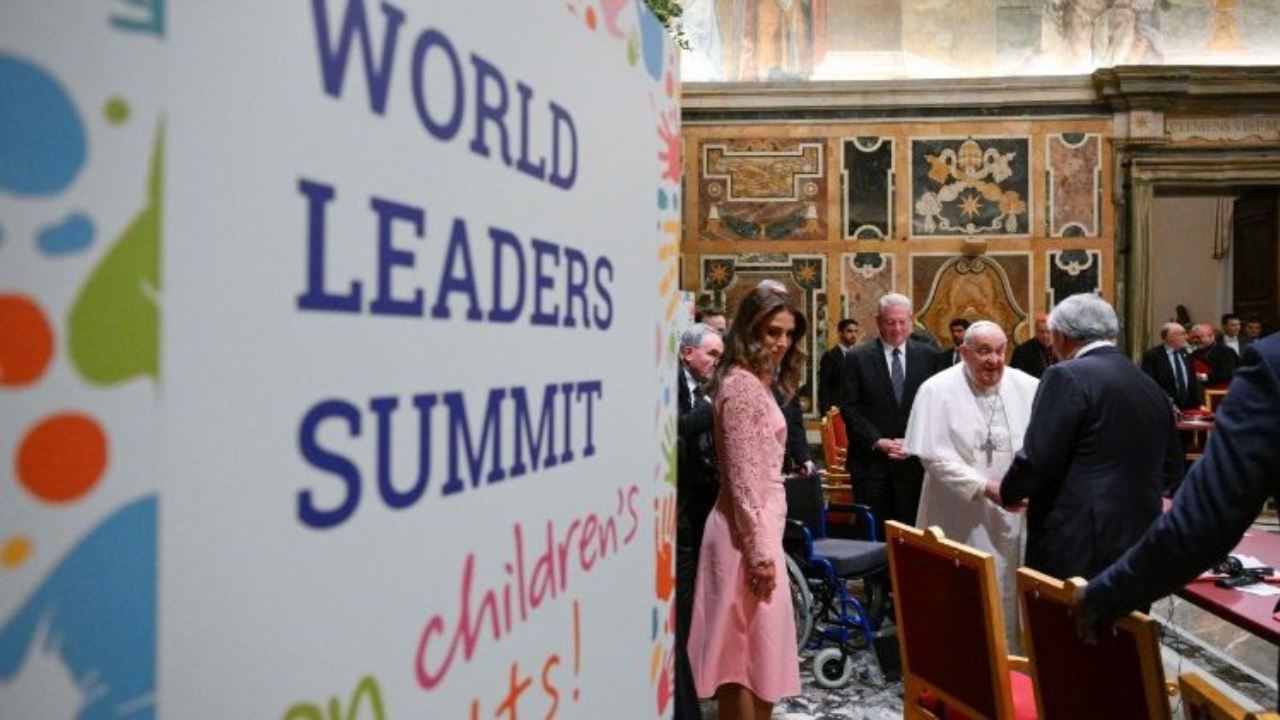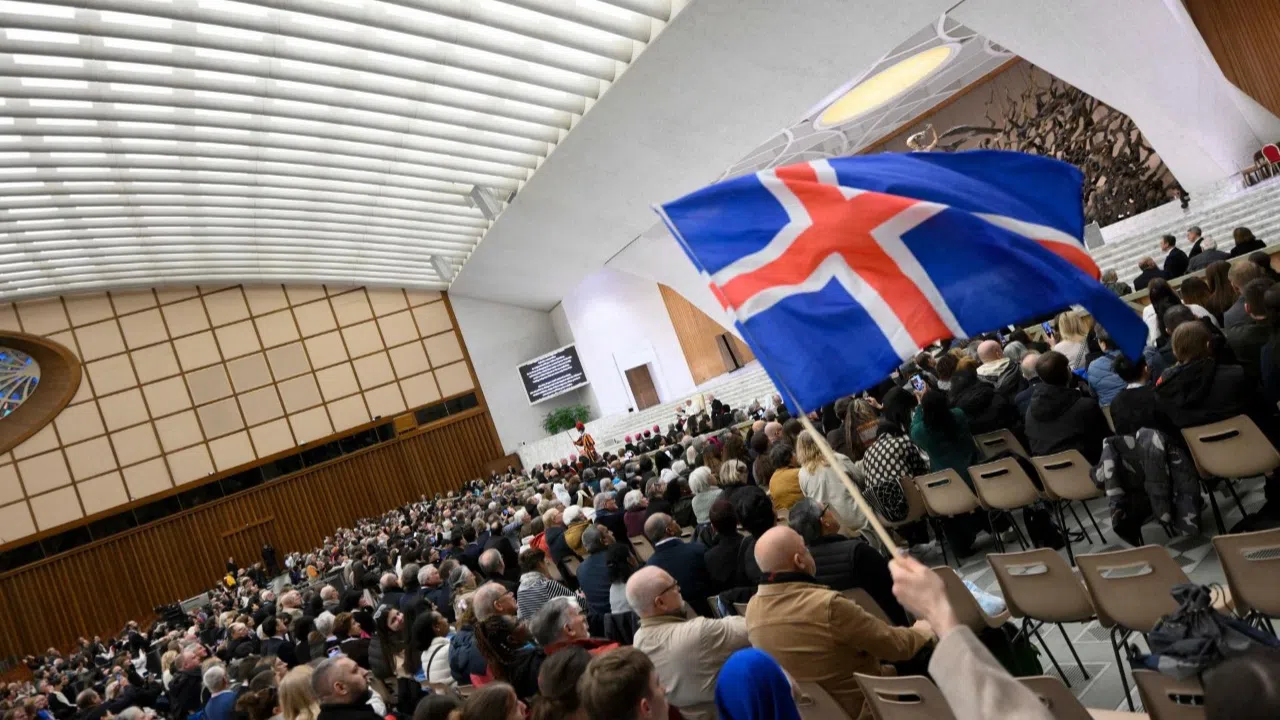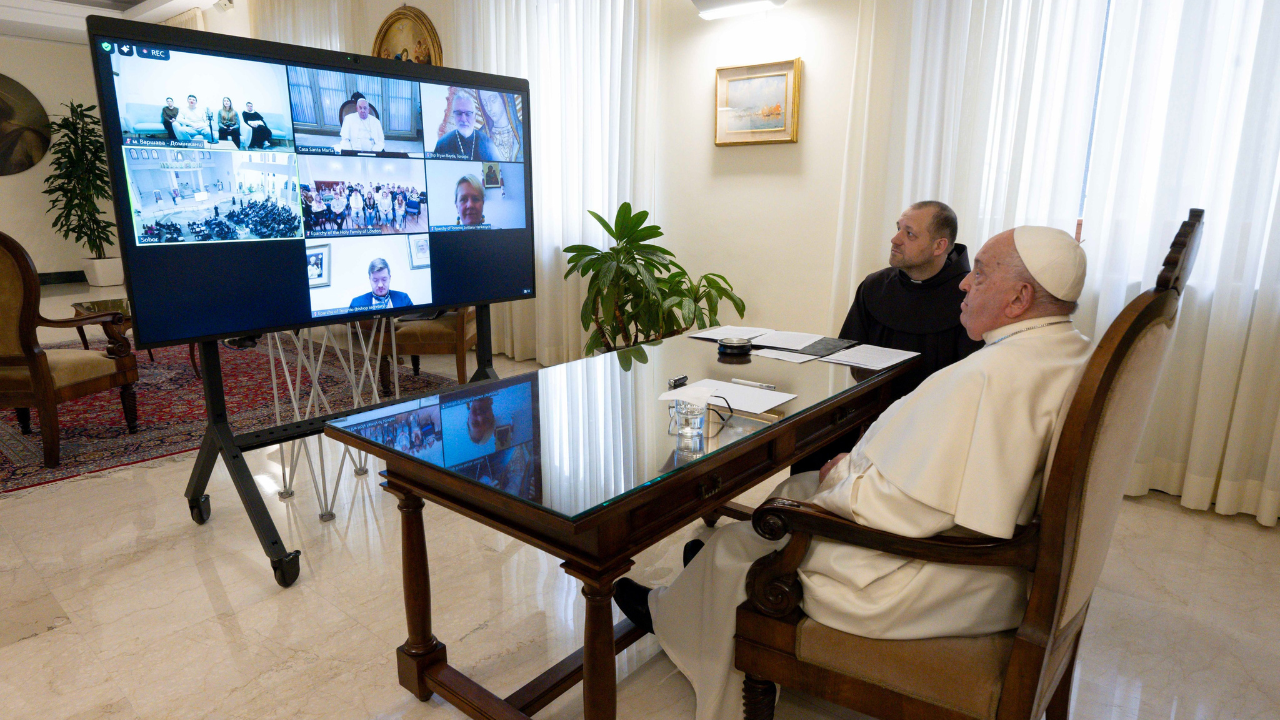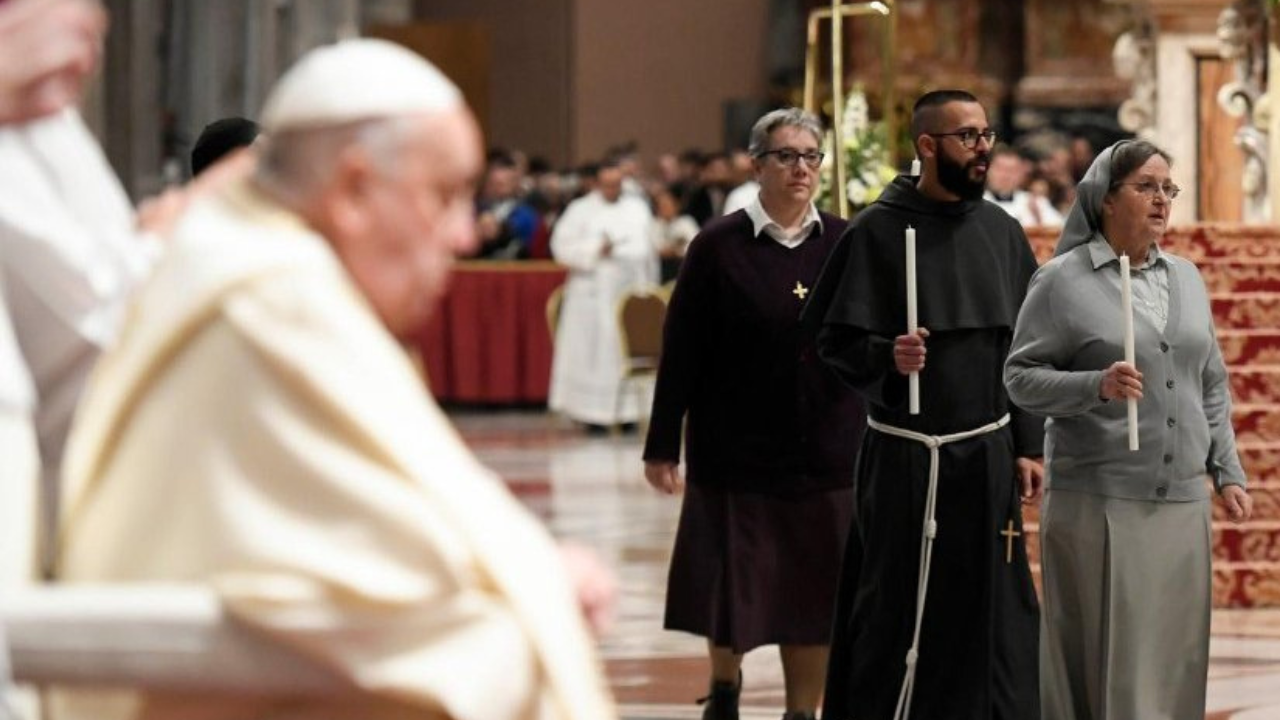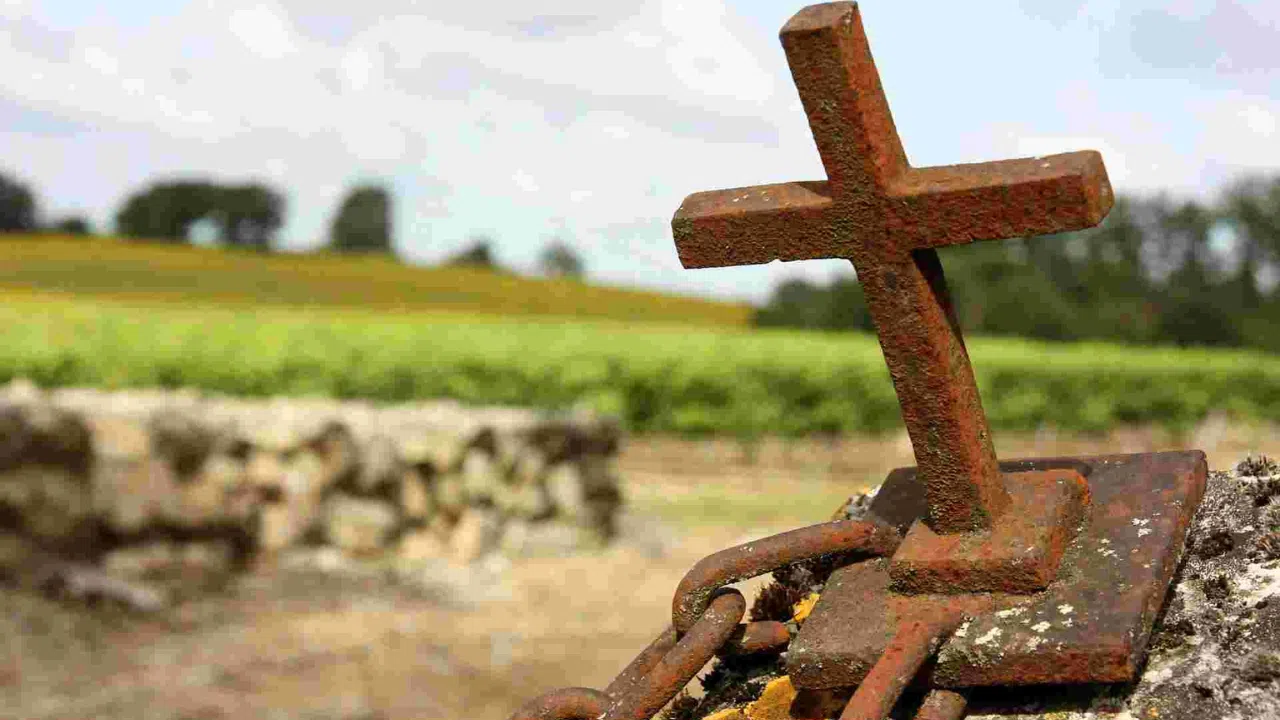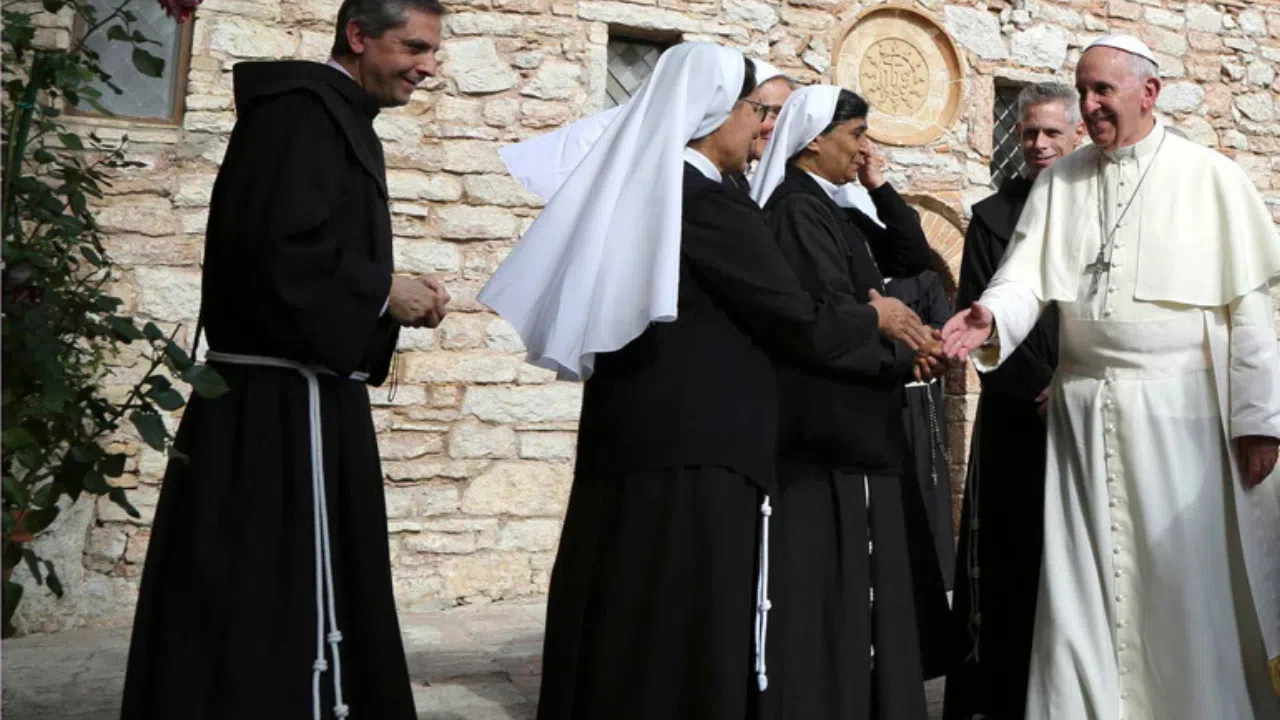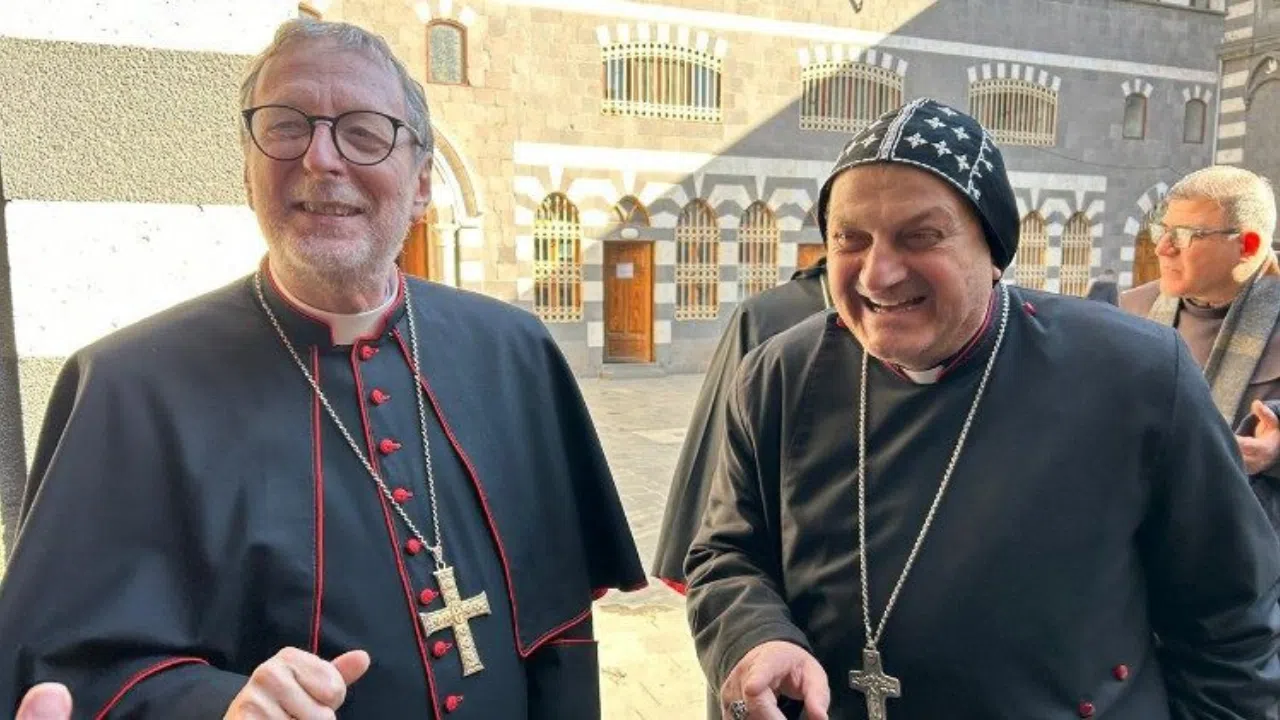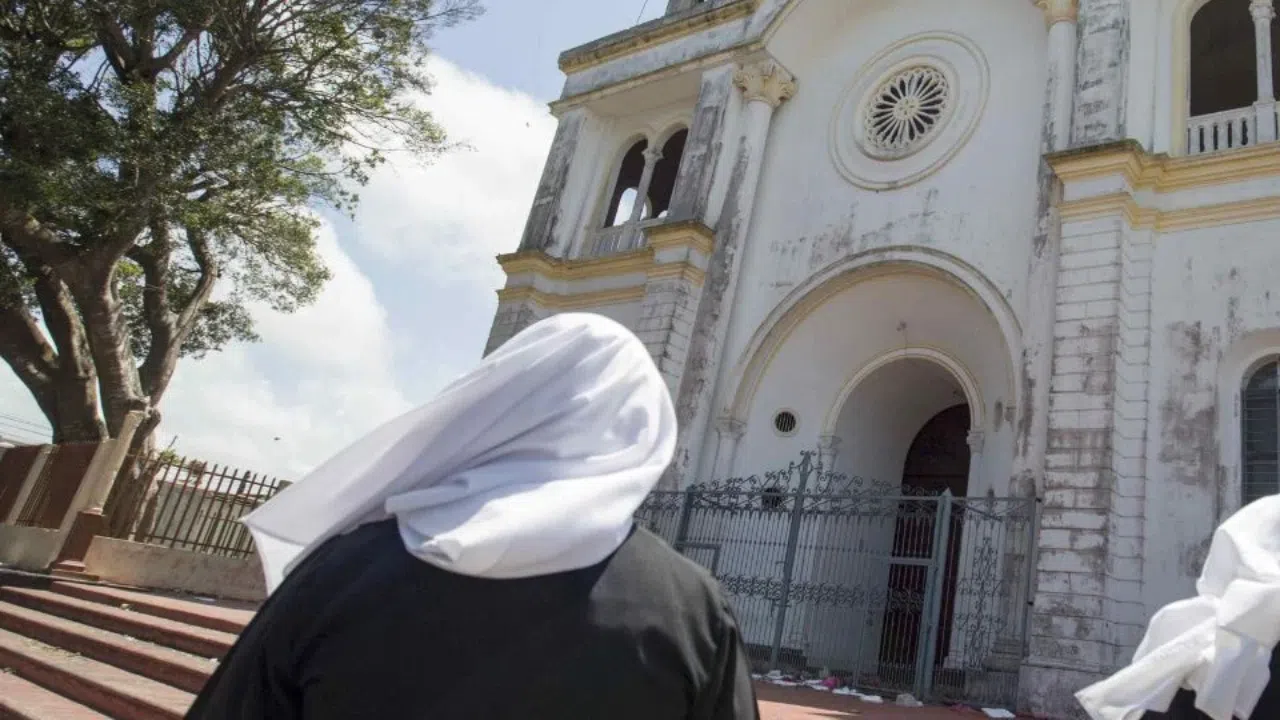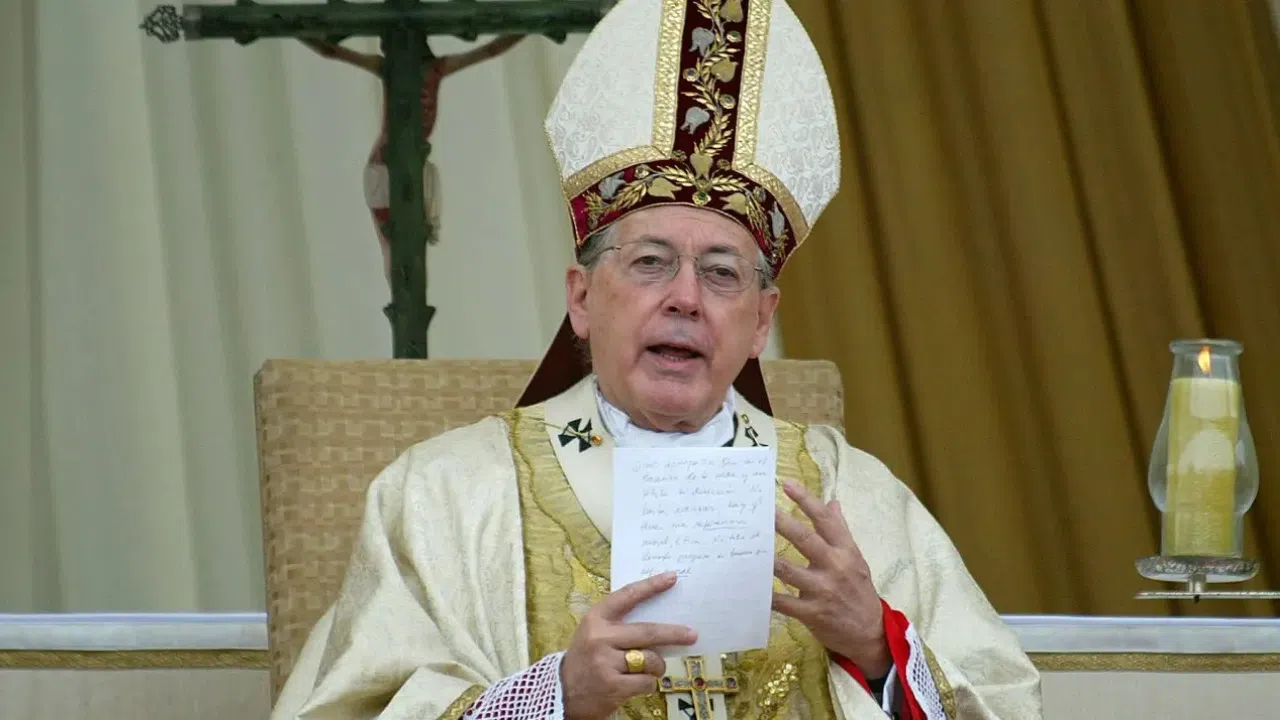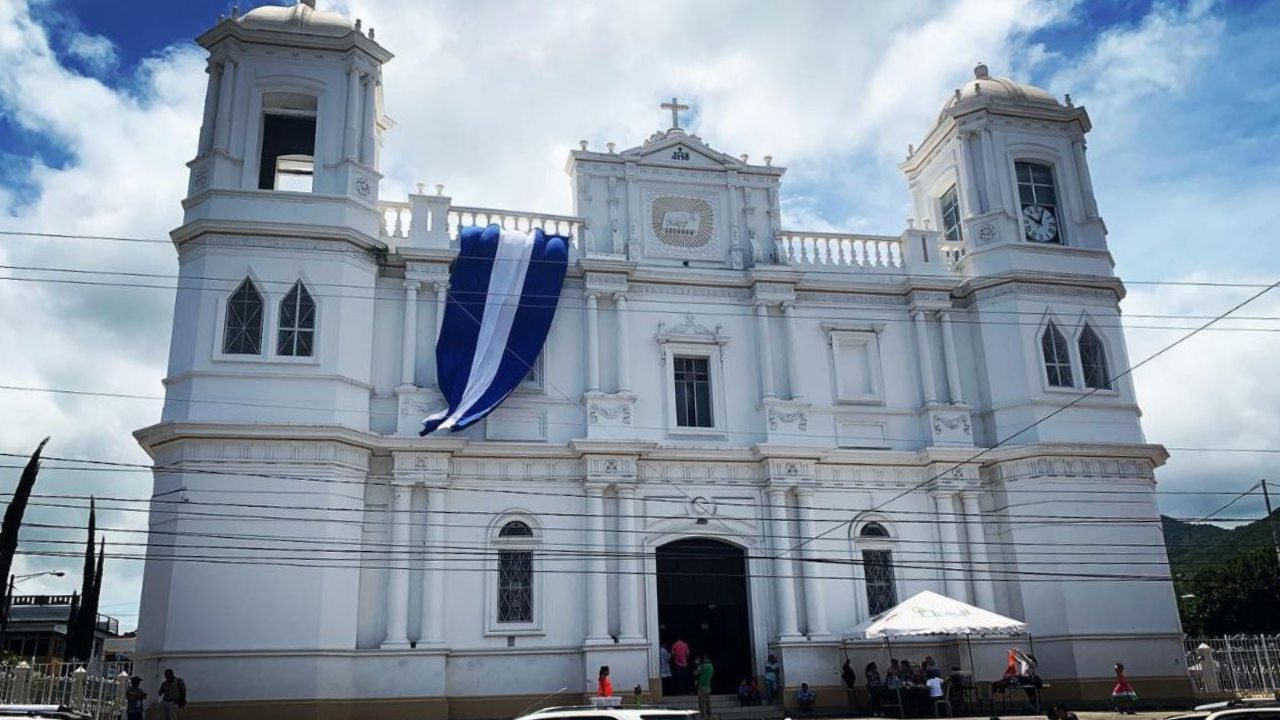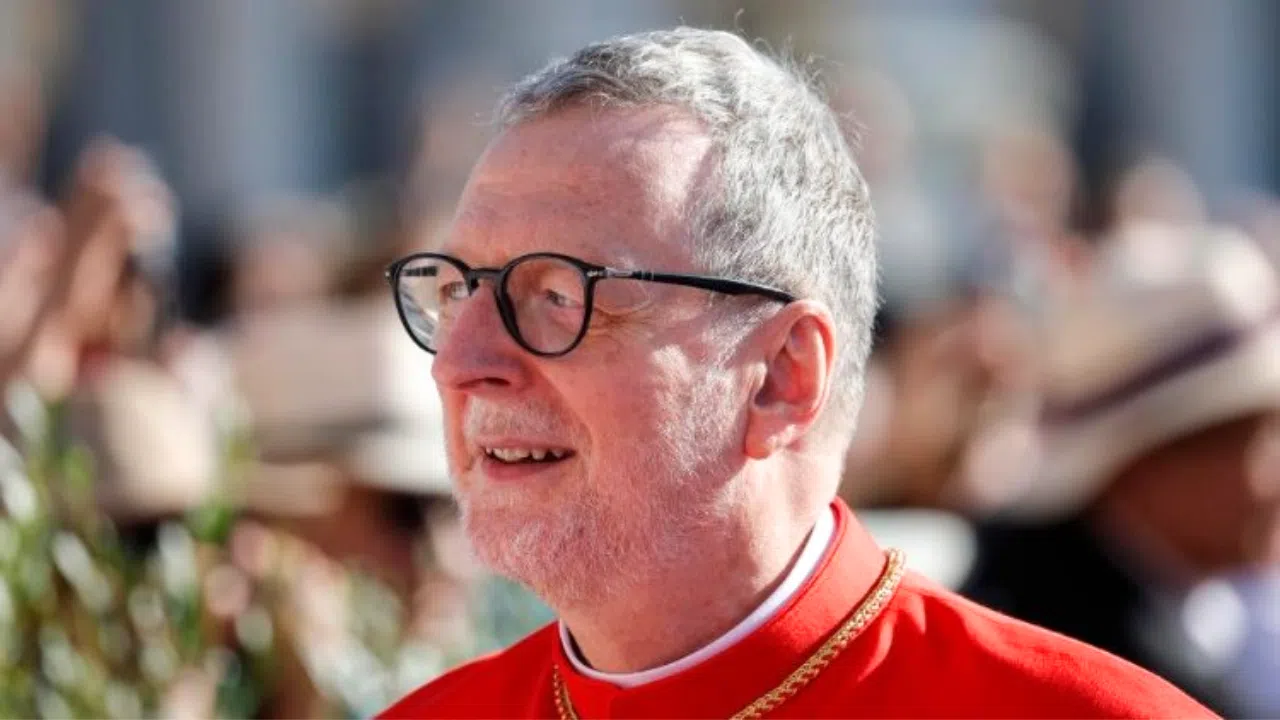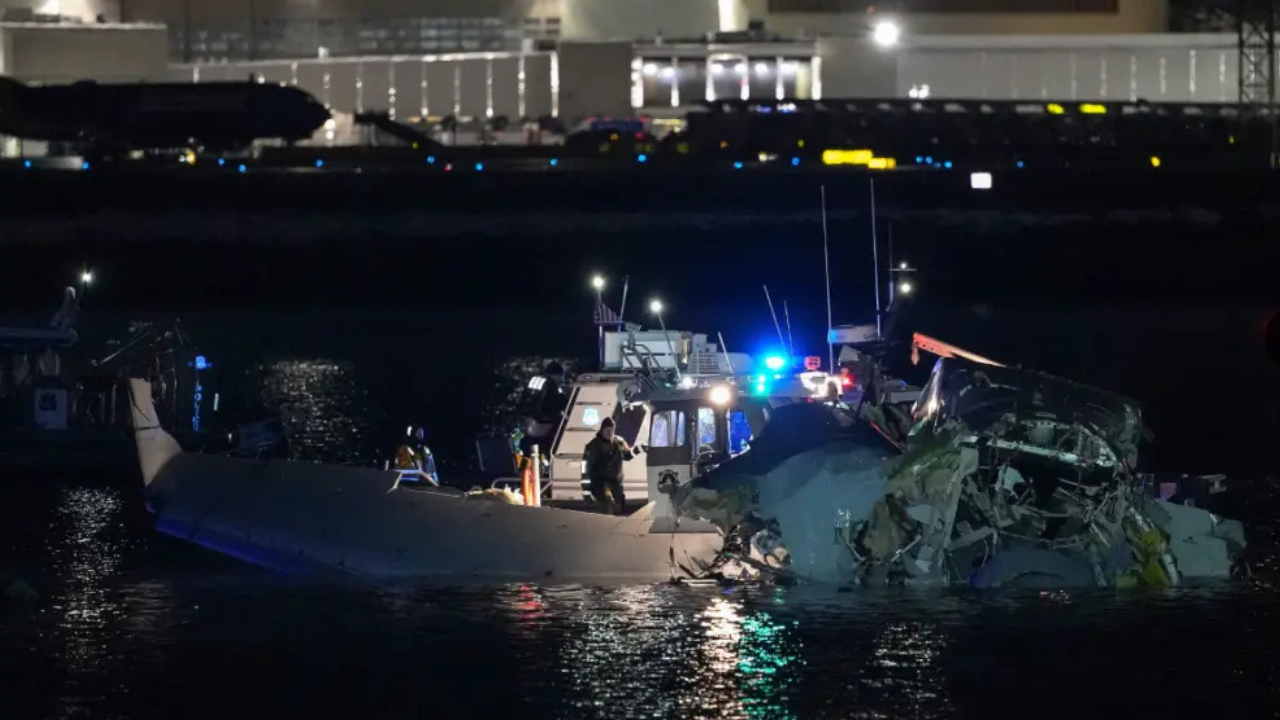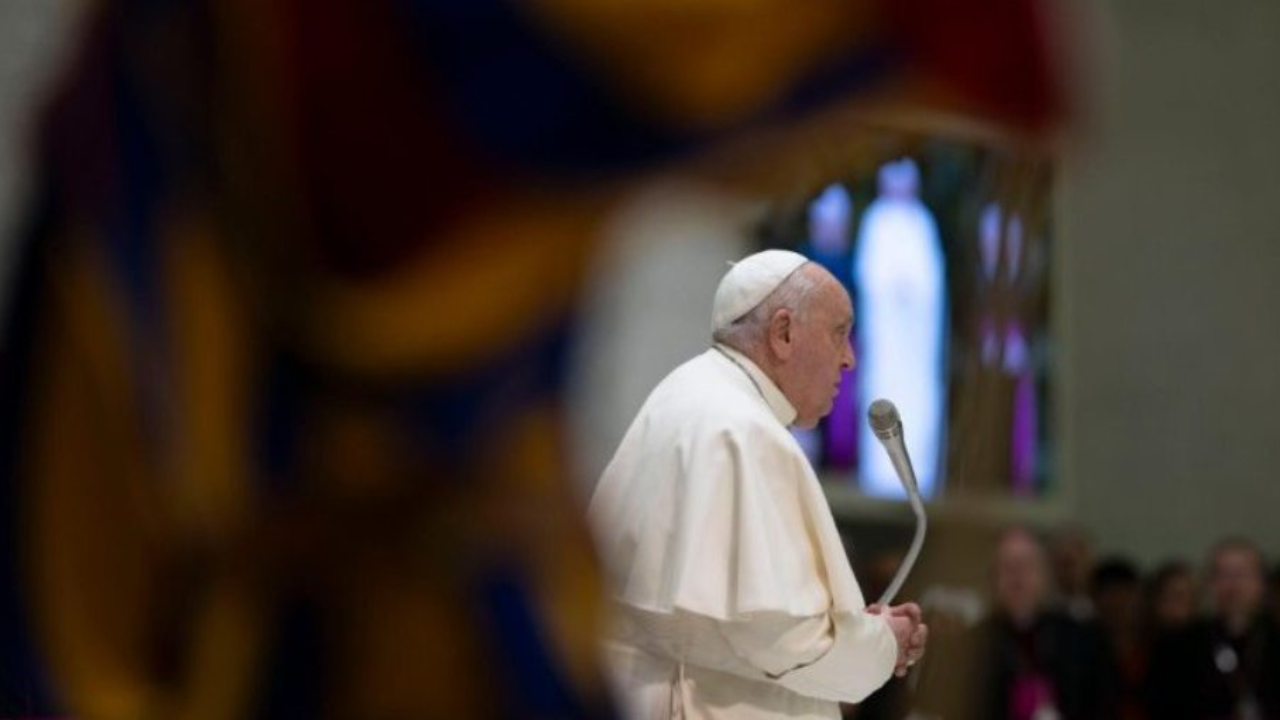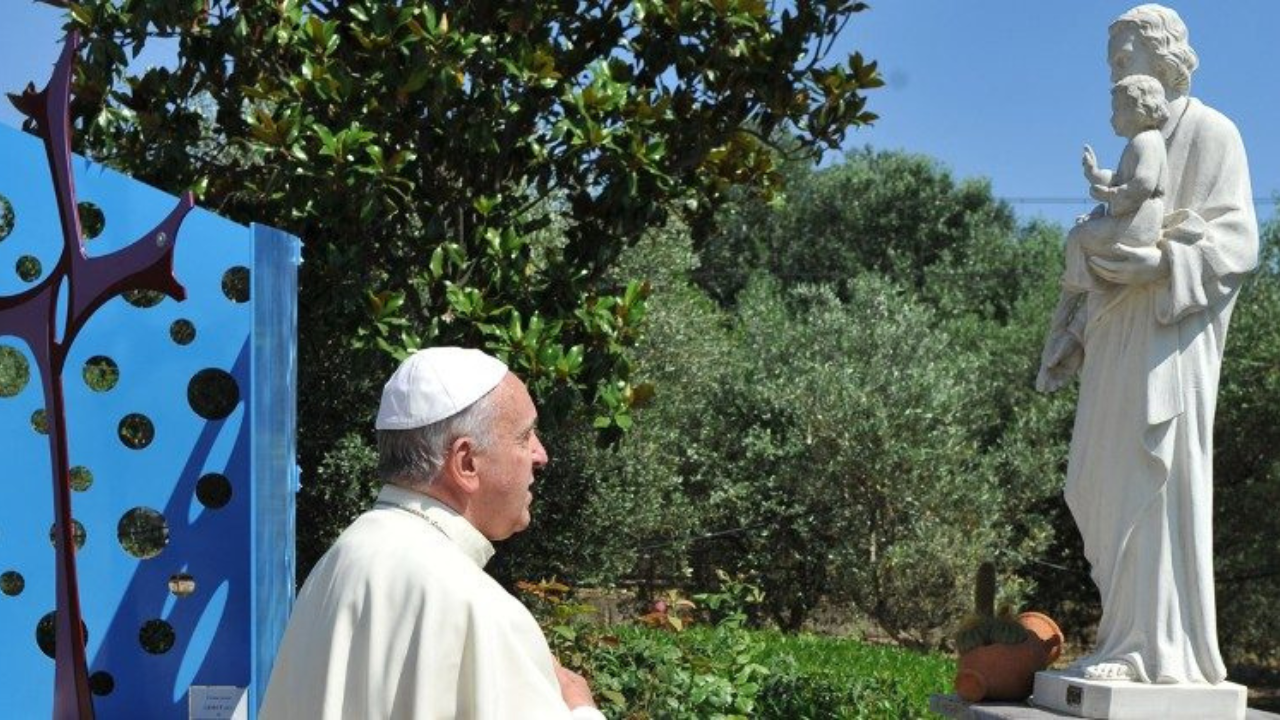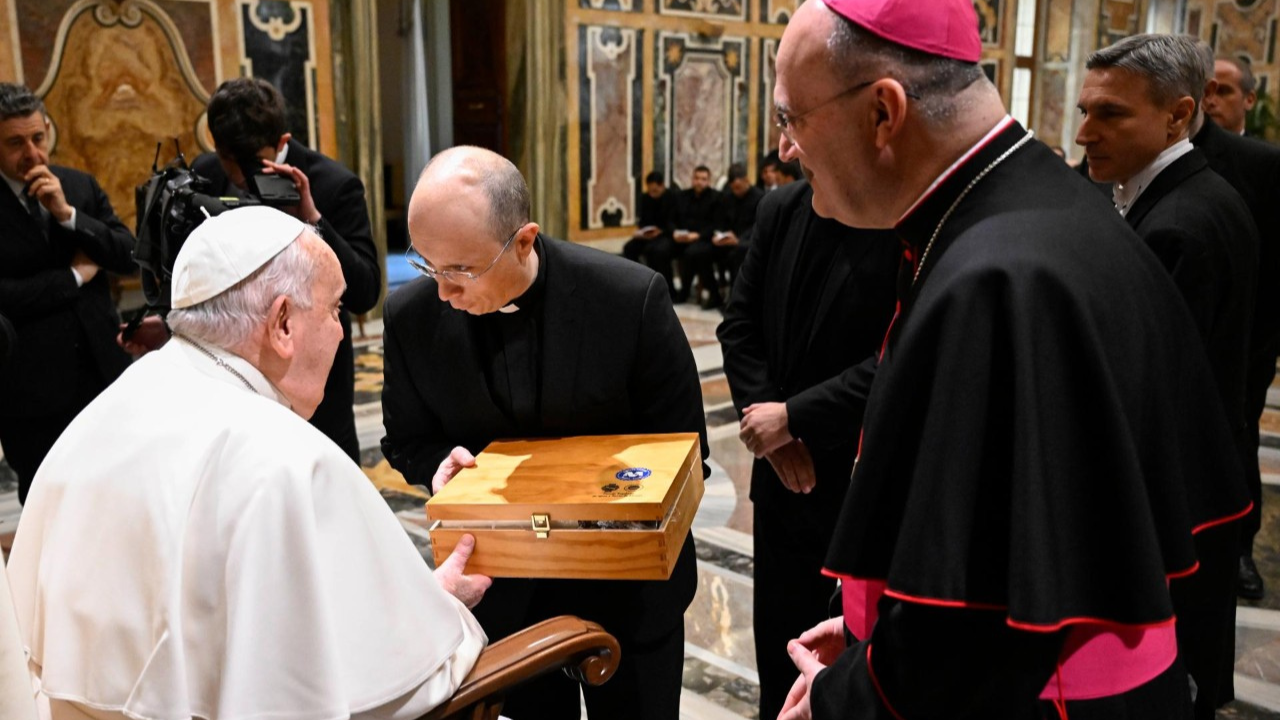It could take three years for the Covid-19 vaccine to reach impoverished countries. They would have to wait until the second half of 2023 or the first half of 2024 to be vaccinated.
That's why the pope addressed this issue during his Christmas speech.
POPE FRANCIS
“I beg everyone—government leaders, businesses, international organizations – to foster cooperation and not competition, and to seek a solution for everyone: vaccines for all, especially for the most vulnerable and needy of all regions of the planet.”
The reason for the delay is not only a matter of funding. The first obstacle is availability.
Some estimate that 5.6 billion doses, at most, will be produced this year. This means that there will be no vaccine for 1 in 4 people.
Also, of all the manufactured doses, 80% have already been purchased or reserved by “first world” countries, accounting for 15% of the population.
The World Health Organization proposed allocating the first doses to vaccinate 20% of each country’s population, specifically health workers and patients at risk.
TEDROS ADHANOM GHEBREYESUS
WHO Director-General
“It’s in countries' self-interest to shun vaccine nationalism. Vaccinating health workers and those at high risk of serious disease is the fastest way to stabilize health systems, ensure all essential health services are up and running and that a truly global economic recovery can take place.”
The biggest challenge is related to logistics. The vaccine must be kept at very low temperatures, which will make it difficult to transport it to remote areas.
FR. NICANOR AUSTRIACO
Providence College (U.S.)
“The technology, the storage capacity and the shipping of these vaccines, are going to shape, not only if you buy them, but if you buy them, where you will use them in your country.”
Nicanor Austriaco is a microbiologist. He teaches at Providence College in the U.S. and works in the task force to prepare the distribution of vaccines in the Philippines.
The logistical and technological challenge is enormous for this country of 7,700 islands. However, this priest is unwilling to give up and is looking for alternatives. For instance, he is researching a possible low-cost vaccine against Covid-19 based on yeast.
FR. NICANOR AUSTRIACO
Providence College (U.S.)
“When you drink it, when it enters your stomach, and it goes into your intestines, it will manufacture parts of the Covid-19 virus, the part that is used by Pfizer and Moderna. It’s the same part.”
“It would be incredibly cheap because once you make the yeast, all you have to do... There’s no injection, there are no doctors, there are no nurses, there’s no refrigerator....”
This medication will probably not be as effective as the major vaccines, but it could help reduce the severity of the disease and facilitate its treatment.
Dominican priest Nicanor Austriaco continues to work diligently between the U.S. and the Philippines to advance results. He assures that there have been several tests using animals that prove its effectiveness, but that it has not yet been proven with Covid-19.
That's why he asks that, in the absence of other alternatives, rich countries not forget what it means to face the coronavirus in a developing country.
Javier Martínez-Brocal
Translation: Christian Campos
